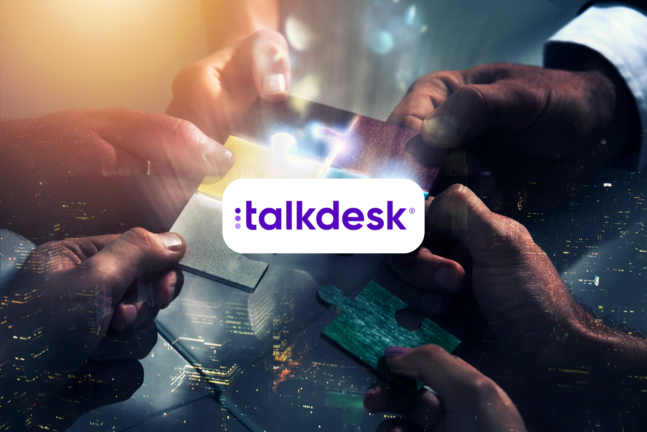Amid growing workloads and heightened uncertainty, workers are prioritizing long-term skills growth to advance their careers, according to PwC's recent survey. The survey highlights a workforce increasingly focused on skill development, mainly adopting new technologies like AI to navigate the changing professional landscape.
Over the past year, nearly half of the surveyed workers (45%) reported increased workloads and faster workplace changes, with almost two-thirds (62%) experiencing more change than in the previous year. Moreover, two-fifths (40%) said their daily responsibilities have significantly altered, and 44% are unclear about the purpose behind these changes. Despite these pressures, employees are eyeing opportunities for growth, with many turning to skills development and AI to manage their workloads and enhance their careers.
"Technology is fundamentally transforming the way work gets done and the types of skills employers are looking for. Employees are therefore placing an increased premium on organisations that invest in their skills growth so that they can stay relevant and thrive in a digital world. Businesses in turn must be proactive in their upskilling programs - prioritising the employee experience and being transparent. Because when you meaningfully engage your workforce, they become an accelerant for successful transformation," said Pete Brown, Global Workforce Leader, PwC UK.

Gen AI adoption is on the rise
Amid workplace pressures, employees are adopting generative AI (GenAI) to improve efficiency and personal growth. Among daily GenAI users, 82% anticipate it will make their work more efficient within the next year. In addition, nearly half (49%) of all users expect GenAI to lead to higher salaries, with this expectation rising to 76% among daily users. Over 70% of users believe GenAI tools will enhance creativity (73%) and the quality of their work (72%).
The rise of generative AI adoption comes as no surprise, as research shows that generative AI deployments are spreading at an unprecedented pace, with 87% of companies either already implementing or currently piloting the technology.
The drive for skills growth is evident, with employees likely to change employers nearly twice as likely to prioritize upskilling compared to those planning to stay (67% vs. 36%). However, less than half (46%) of all employees agree that their employers provide adequate opportunities for career-enhancing skill development. This highlights a significant gap in workplace training and development opportunities.
AI importance in skill development
AI's role in skills development is particularly pronounced, with 76% of users expecting it to facilitate new skill acquisition. Yet, barriers remain, as 33% feel there are no opportunities to use GenAI in their roles, 24% lack access to the tools, and 23% don't know how to use them.
Despite these challenges, there are signs of growing optimism and engagement. Job satisfaction has risen to 60%, up from 56% in 2023. Furthermore, 57% of employees who value fair pay agree that they are fairly compensated.
Although cost-of-living pressures persist, with 52% experiencing financial stress, there has been a slight improvement in financial stability, with 45% of workers having money left over each month, up from 38% in 2023.









